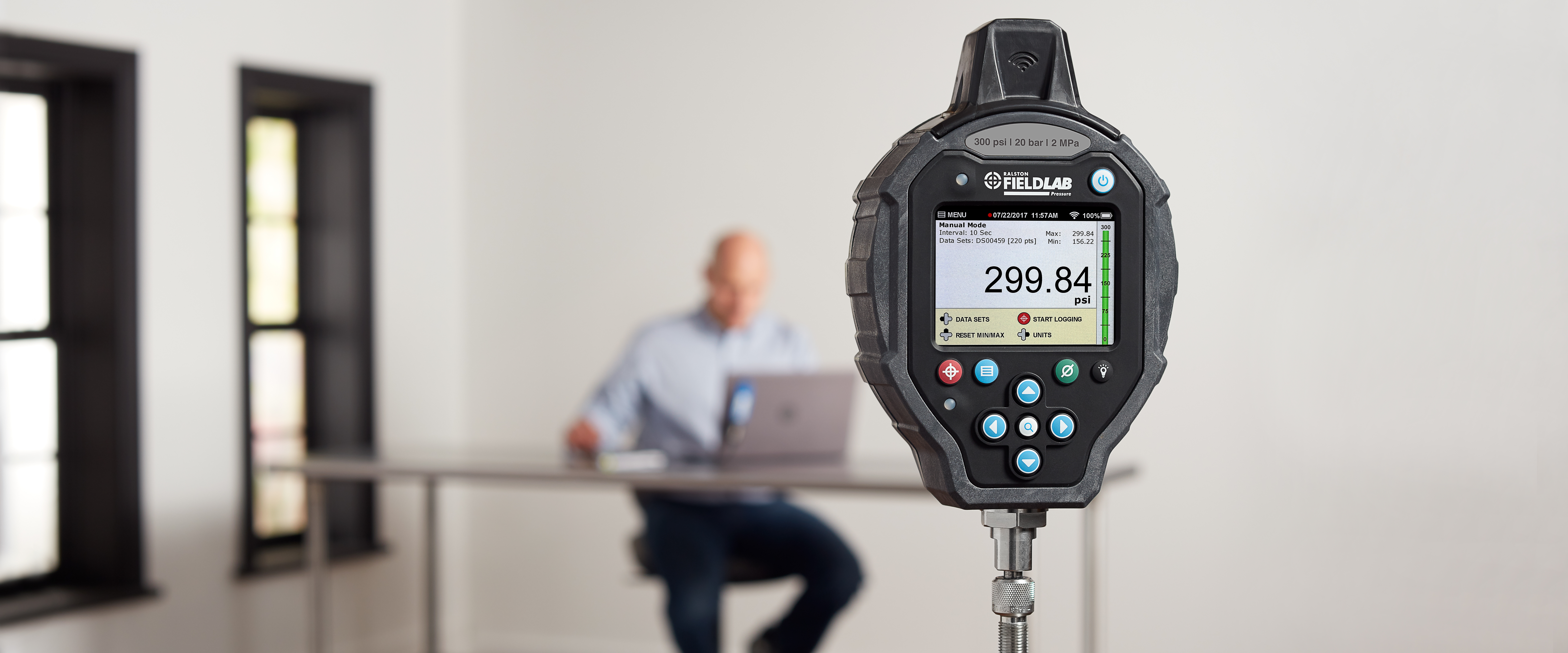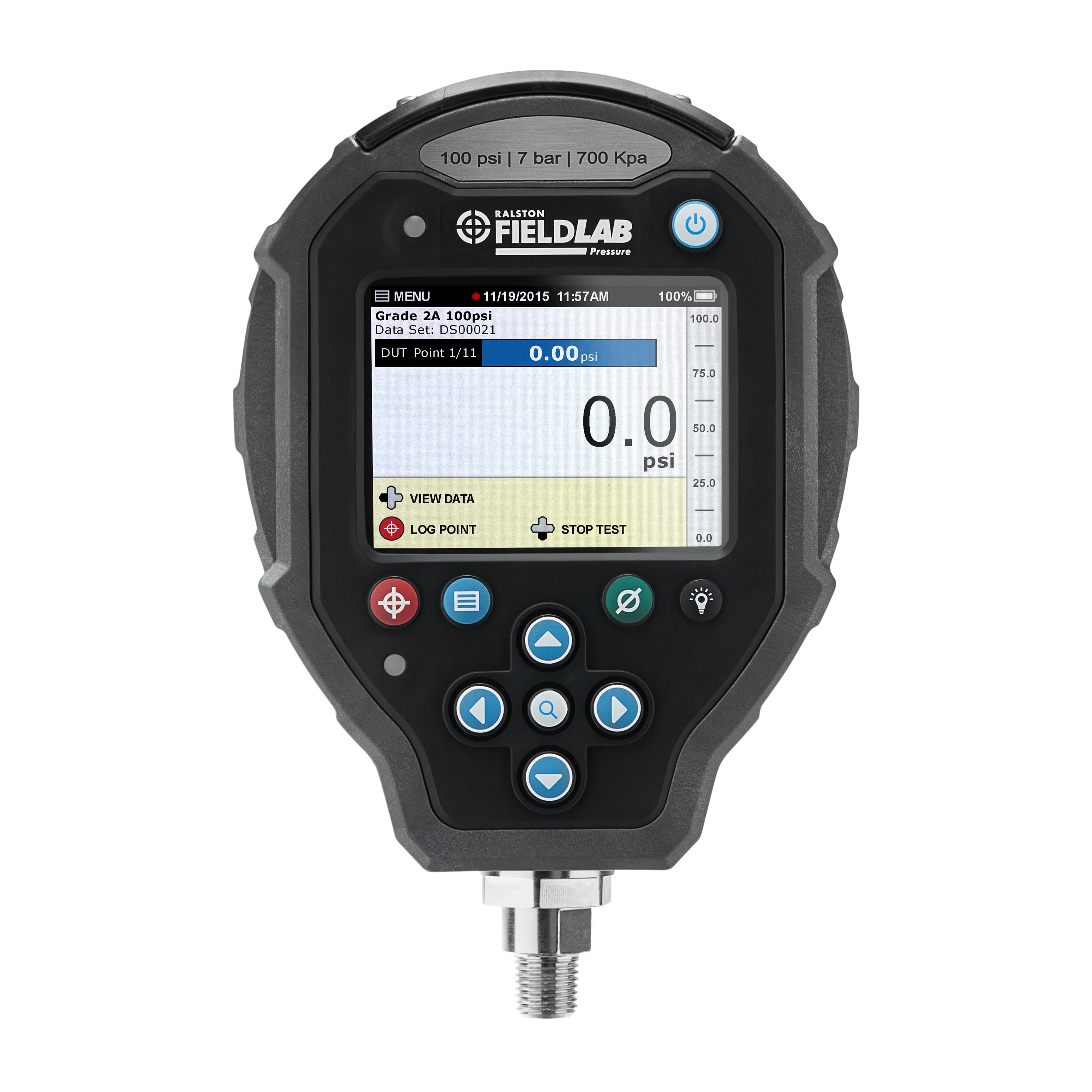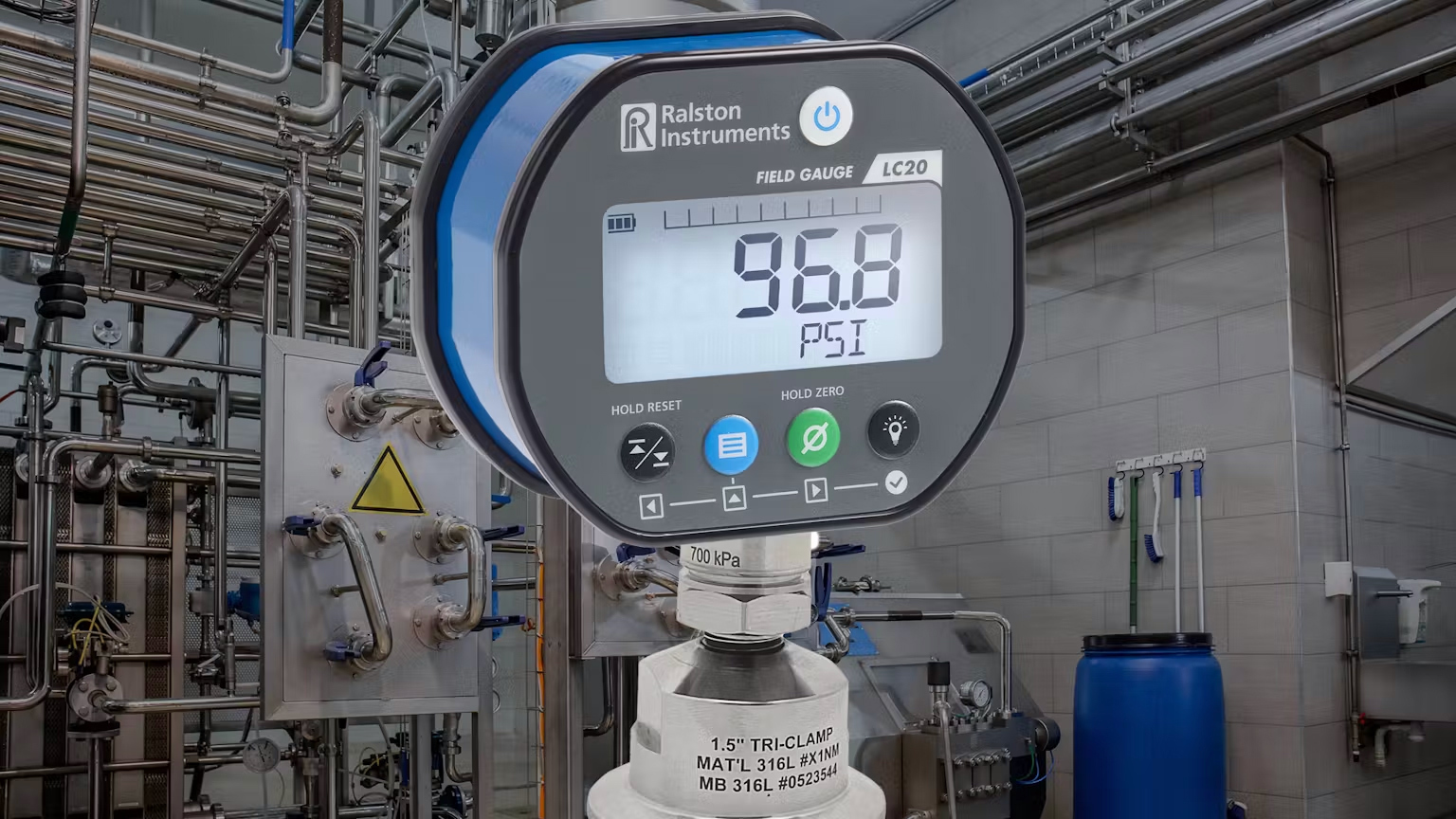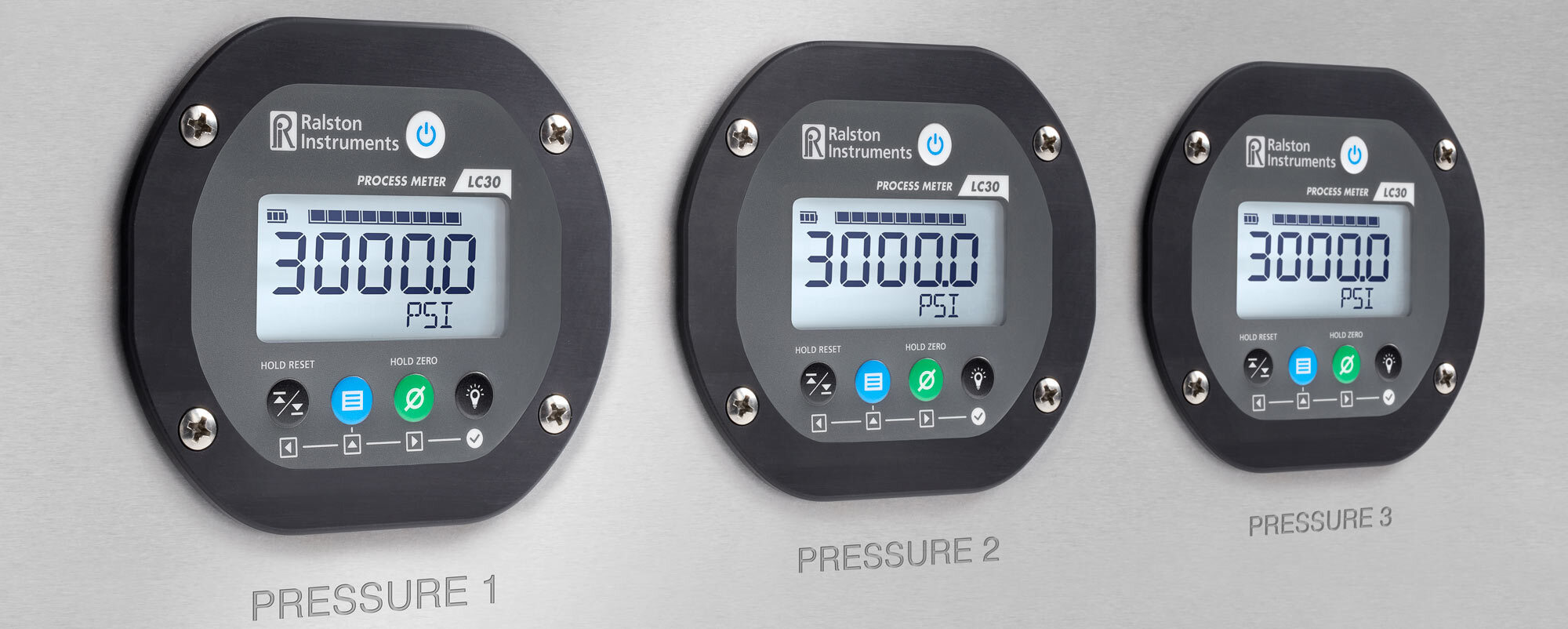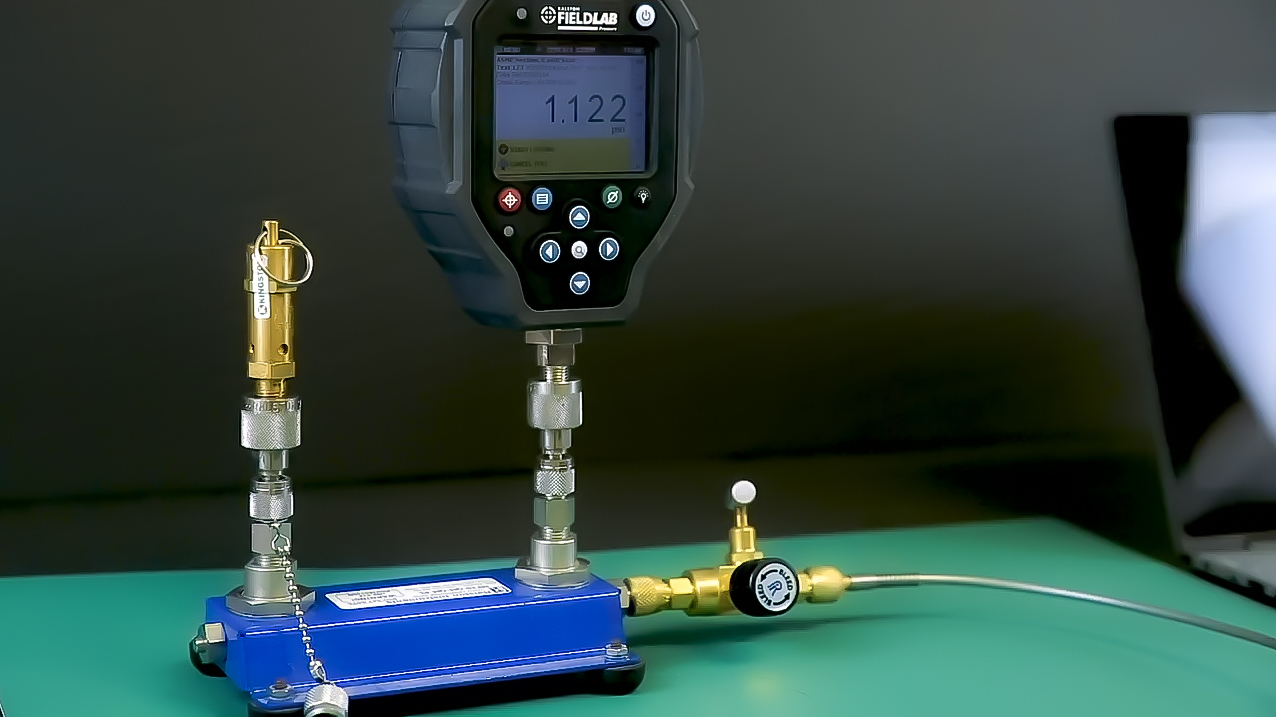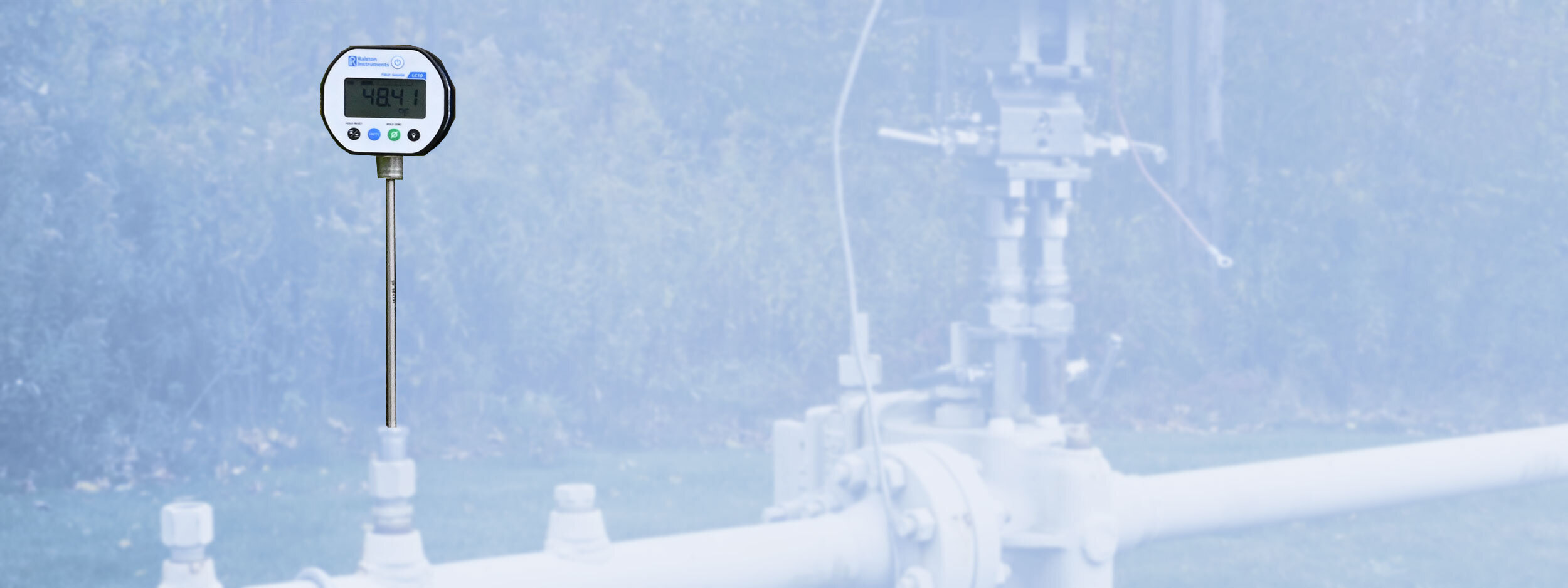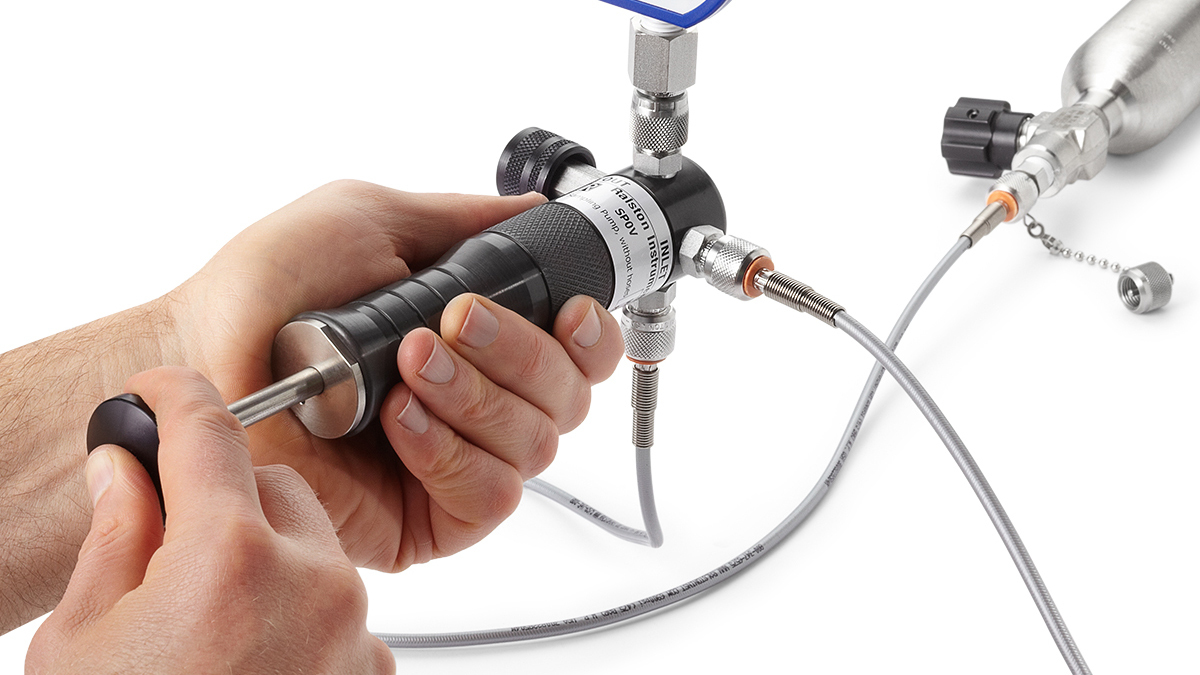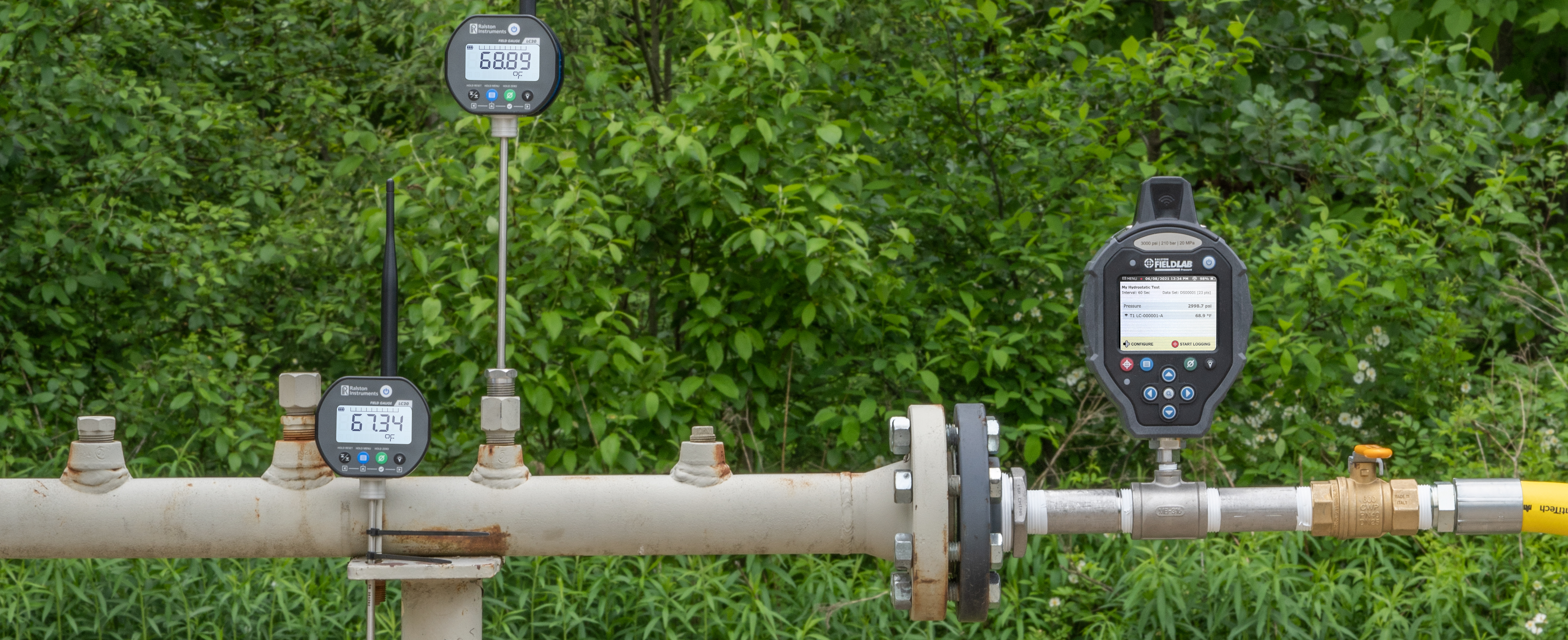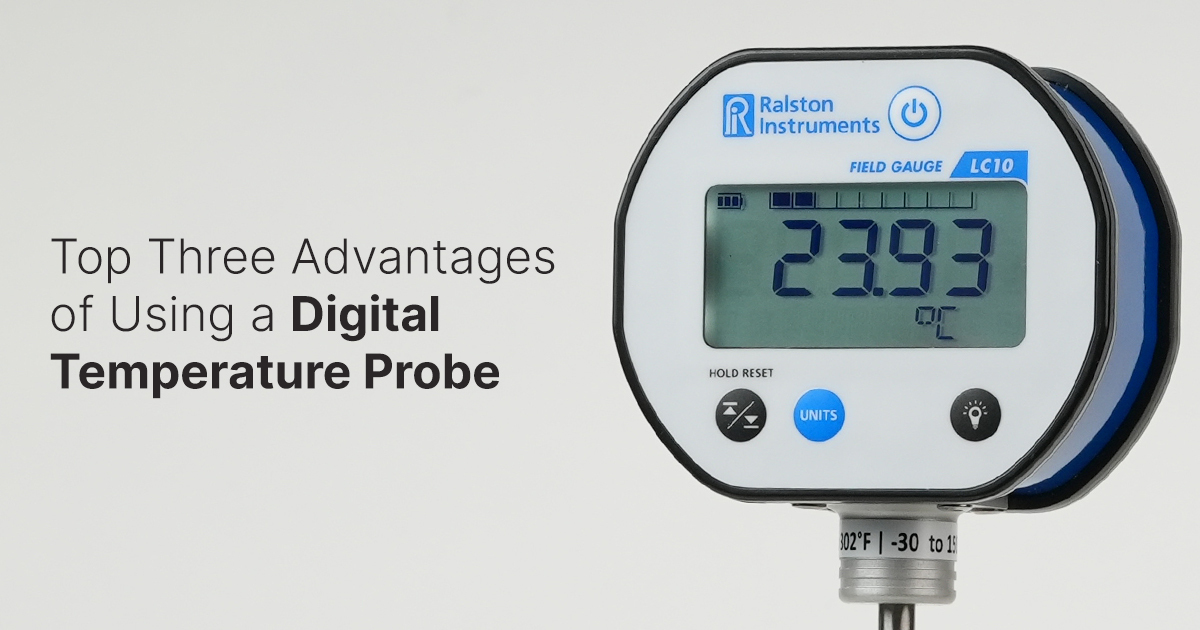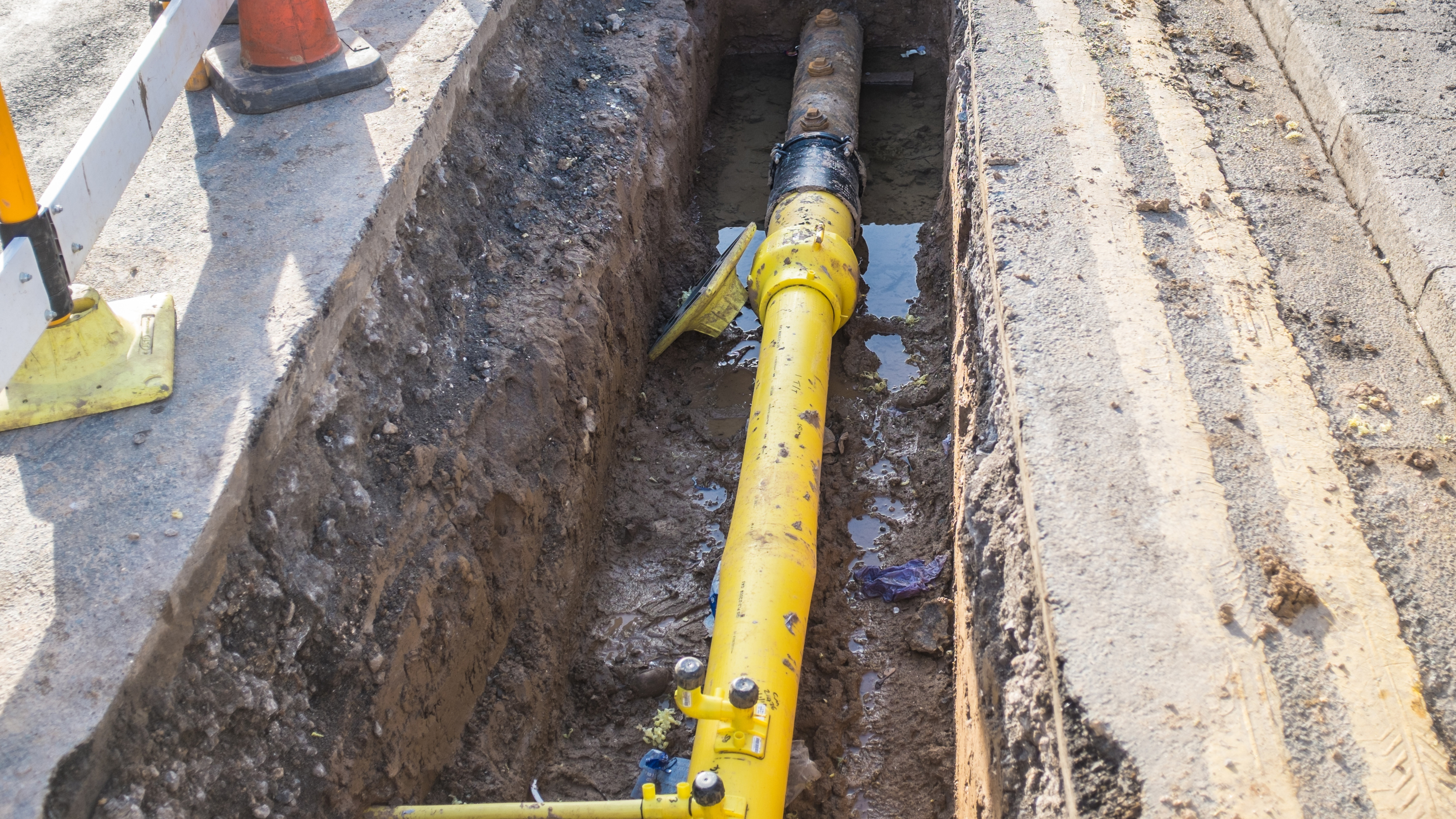Data logging is the process of monitoring and recording changes in conditions at set intervals over a period of time, and allowing those conditions to be measured, documented, and analyzed. A typical data logging device uses either a built-in or remote sensor to collect data, a microprocessor to capture and record data, and built-in memory to store the data.
Data loggers are usually left unattended throughout the monitoring period so they can compile an accurate picture of the environmental conditions being monitored. They can record for days, weeks, or even years at a time depending on the data logger and the application.
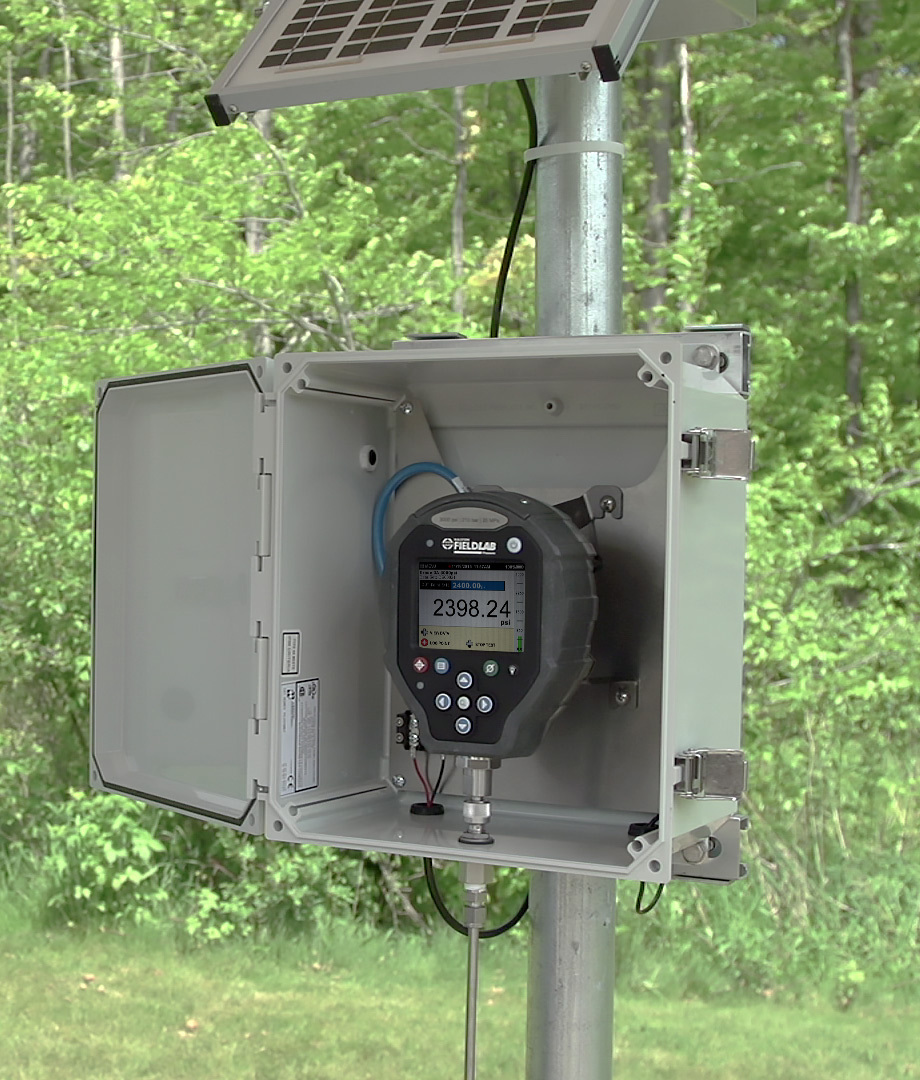
Data Logging Applications
Data loggers are used to monitor fluctuations in pressure, temperature, vibrations, sound frequencies, light intensities, voltage, time, changes in states of matter, and similar systems where human observation is just not practical but accuracy is essential. Applications range from the measurement of perishables during shipments to the monitoring of flow rate at remote pumping stations. They are used in numerous industries around the globe including aerospace, automotive, energy production, food processing, HVAC, manufacturing, medical, oil and gas, shipping and transportation and weather forecasting.
Digital, Traceable Data Logging Solutions
As regulatory demands and traceability requirements continue to increase, data logging has taken on a bigger role than ever before. It saves the time and expense of sending people to take measurements and provides a much higher quality of data while eliminating the potential for human error.
The Ralston FieldLab Digital Pressure Calibrator is equipped with intuitive, easy-to-use data logging capabilities that let you customize and share test modes, run the tests at your chosen time intervals and units, and then download the data to a PC for reporting and analysis. And you can easily format the data into charts or graphs for a clear graphical representation.
The FieldLab is the ideal tool for fast, intuitive data logging solutions for a wide range of applications including:
- Detecting water pressure anomalies in water distribution
- Monitoring gas pressure at well heads for custody transfer purposes
- Learning about gas or water pressure behavior for trend analysis
- Long term monitoring of tank pressures or level
- Recording pressure at the wellhead in remote locations
- Monitoring low water pressure issues in municipal water departments
- Logging pressure during hydrostatic testing
- Leak testing
For processes that require high speed data logging, the FieldLab can log at a speed of 128 times a second for up to 3.5 hours. It can capture extremely small transient pressures that happen in the course of some applications, like monitoring the changes in the pressure of rocket fuel coming from liquid fuel tanks into a rocket engine. And there’s even a Snapshot Logging mode that allows you to log direct pressure readings to a data set that’s not tied to a time interval. It’s perfect for tire pressure checks, tank pressure tests and other times when techs need to record an observed pressure.
